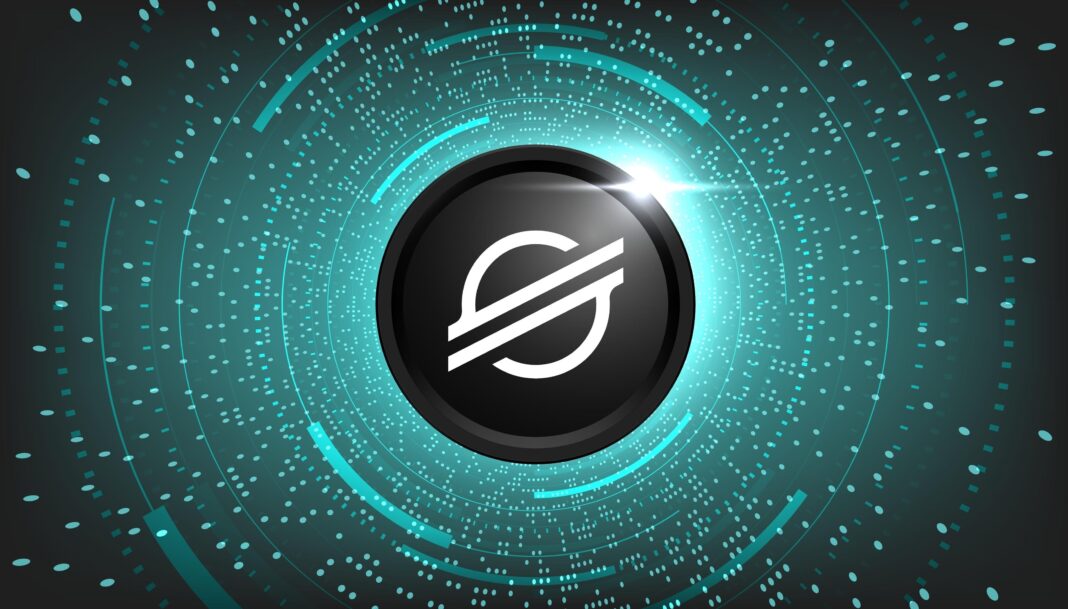In an important article called “Let’s Build Open Highways, Not Railroads,” Denelle Dixon, the CEO of Stellar Development Foundation, has cautioned that the blockchain industry might face problems like past monopolies if private companies keep creating closed-off, self-contained networks.
Dixon compared the big railroad companies from the 1880s to the new corporate-controlled blockchains.
“We see private companies making their own train tracks. They can use them now, but they can choose later if other trains can use their tracks,” she wrote. “This time, we still have a choice. ”
Her comments come after many big financial and payment companies, both public and private, have announced they are creating their own blockchains and launching stablecoins.
Dixon believes that these patterns could lead to important control points in the global financial system, similar to how early internet and transport monopolies limited technology growth and access.
Lessons from the Past: From Trains to Internet Browsers
Dixon said that building blockchain technology is similar to the early challenges faced when trying to make technology and transportation more open and accessible. She remembered how, in the late 1800s, the U. S Farmers had to rely on the railroad owners, who decided the train routes and ticket prices.
Later, while working at Mozilla, she saw the same trends online when Microsoft’s Internet Explorer was the main way people accessed the web.
“Firefox gained 30% of the market not because we spent more money than Microsoft—because we didn’t have that money—but because we created a better product and offered users what they really wanted: real options,” she wrote.
She said that transparency, open rules, and trust from users helped the open web grow. These important values are now at risk as blockchain moves to its next phase.
The Risks for Blockchain and Money
Dixon says the danger is now real. Big companies like Coinbase, JPMorgan, and Stripe have created or shared plans for their own blockchain platforms.
These projects offer useful new ideas and more money to trade, but Dixon warned that when shareholders are mainly looking to make money, it can lead to them controlling fees, who can access the project, and the data.
“When private companies run financial systems, they not only help with money transfers, but they also set the rules,” she cautioned. “Blockchain was supposed to get rid of these middlemen, not create new ones. ”
Stellar, on the other hand, supports open networks that anyone can use without needing permission. This means no one person or group can block others or take more than their fair share. Dixon said that using Stellar for international transactions costs just a tiny amount, while traditional methods can cost 6. 35%.
A Narrowing Choice of Options
Dixon asked developers, lawmakers, and organizations to take action before it’s too late. “The decisions we make about building things today will affect our financial system for many years,” she said.
She is saying that it’s important and hopeful: the future of blockchain can still be friendly, connected, and open to everyone—if the creators work together instead of trying to control everything.
“Let’s create roads that everyone can use and that nobody owns,” Dixon finishes.


